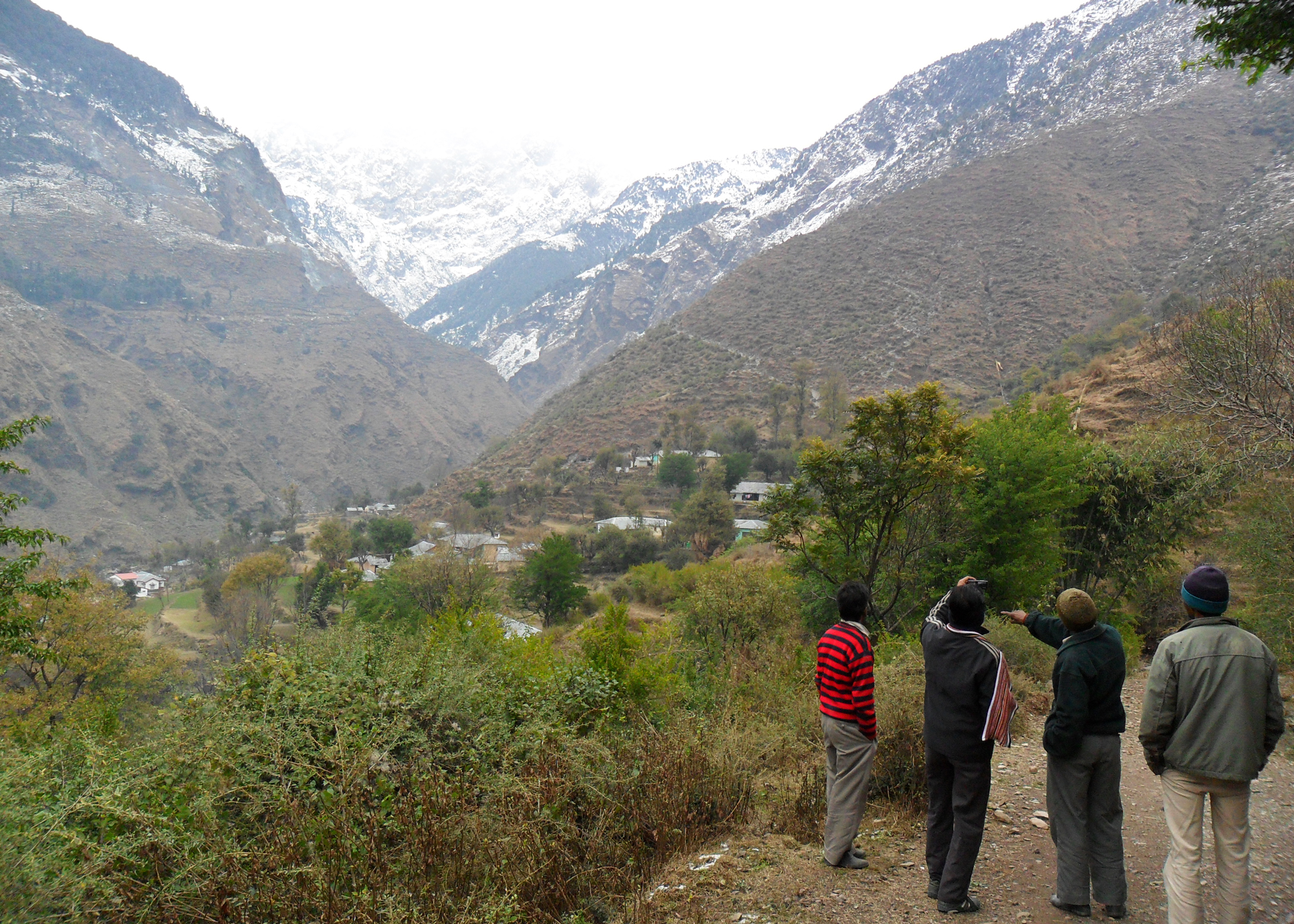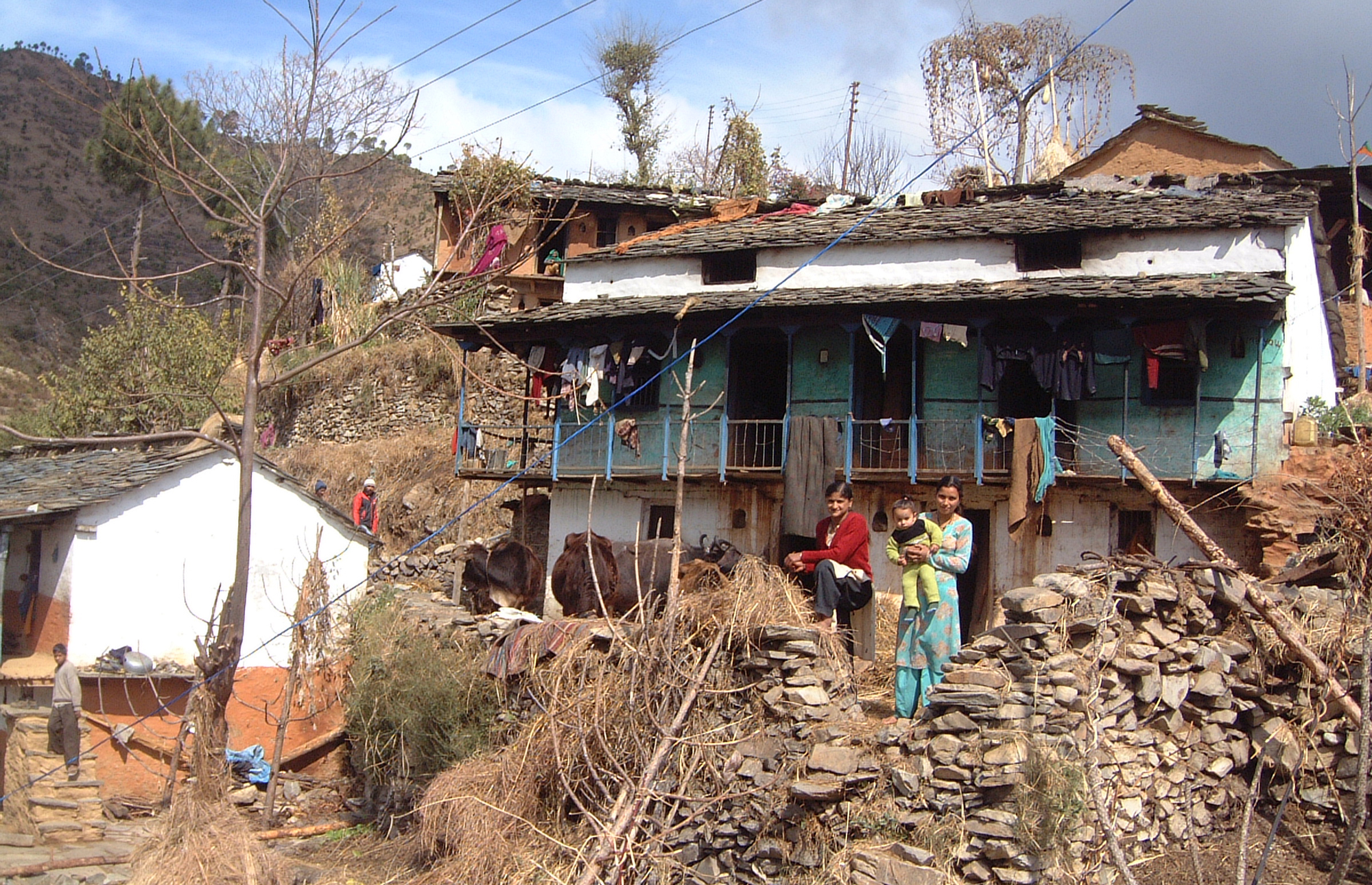
Mountain communities are the natural stewards of the high altitude watersheds and water sources. Therefore they should be encouraged and supported to do this valuable work.
However if mountain communities are supported, they can provide the very important service of regenerating, safeguarding and preserving the natural ecologies. This was agreed by world governments in Johannesburg in 2002:
“Mountain people with many thousands of years of experience living and working in their rugged environments, are overlooked stewards of fragile landscapes that support over 10% of the Earth’s population, and protect the watersheds that ensure freshwater for more than half of humanity.”
Download: Mountain Laws And Peoples, Centre for International Environmental Law, 1997.pdf
Without the recognition of the vital part that they play in being the natural caretakers of the mountain forests, they will be forced by poverty to either degrade these resources even further or to migrate.

“Promote full participation and involvement of mountain communities in decisions that affect them and integrate indigenous knowledge, heritage and values in all development initiatives;”
It has always been in the interest of these communities to protect the natural resources, which supported their livelihoods. However they play a key role in preserving the global water cycle because they are one of the few groups of people who are actually capable of living and working in mountain regions with their extreme climatic and environmental conditions. Now that mountain resources have been so extremely depleted, the daily necessities of the local rural communities further exacerbates the problem. Therefore the well-being these communities need to be carefully considered.
Restoration methods need to fit specifically with the requirements and traditions of the different social groups throughout mountain regions worldwide.
“indigenous cultures, traditions and knowledge, including in the field of medicine, are to be fully considered, respected and promoted in development policy and planning in mountain regions, and underlines the importance of promoting full participation and involvement of mountain communities in decisions that affect them and of integrating indigenous knowledge, heritage and values in all development initiatives.” (U.N, A/RES/60/198)
It is important to recognise that the collaboration with mountain communities is essential for the effectiveness of any environmental mountain restoration program.
It is only by involving and supporting them that an endeavour of this magnitude can be successfully achieved and prove to be long-term sustainable. There are many examples of conservation attempts that have not sufficiently included the local people and which have therefore not been sustainable, or achieved the intended goals. It is important to learn from these and to not make the same mistakes, when working on something as crucial as safeguarding the global water cycle.
It is important to note that supporting mountain communities is not simply an act of charity.
It is a means by which, all lowland communities can safeguard their own long-term interests. The health of the global water cycle affects everyone and all ecosystems. If it is to be secured we need to work together. They need our help and we need theirs. There is not much time.
